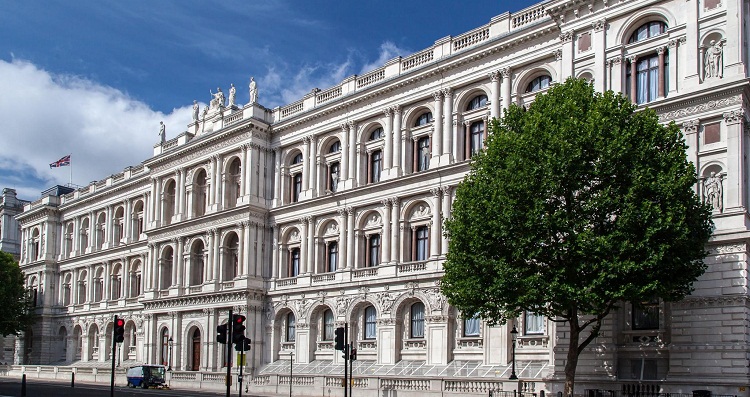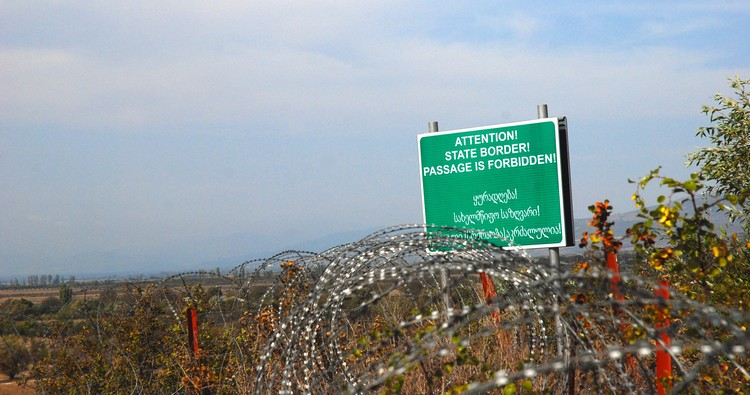UK Foreign Office: Russia continues violation of human rights in Georgia's occupied regions

The UK Foreign and Commonwealth Office. Photo: ft.com.
An annual report of the UK Foreign and Commonwealth Office focuses on Russian influence in Abkhazia and Tskhinvali regions and the severe infringement of ethnic Georgians' human rights.
The report says Russia is responsible for the restriction of free movement of ethnic Georgians at a number of locations, as well as closing the so-called crossing points and limitation of education, healthcare and property rights.
 So-called border near the occupied Tskhinvali region. Photo: Nino Alavidze/Agenda.ge.
So-called border near the occupied Tskhinvali region. Photo: Nino Alavidze/Agenda.ge.
2018 marked the tenth anniversary of the Georgia-Russia conflict. Russian influence in Abkhazia and South Ossetia, the breakaway regions of Georgia, continued to contribute to infringements of human rights. This included intimidating members of civil society organisations. With the majority of crossing points closed and increased fencing along the Administrative Boundary Line, restrictions on freedom of movement continued,” the report says.
The report also adds that all the aforementioned affected access education, healthcare, and property.
There were also credible reports of discrimination against ethnic Georgians’ ability to access identity documents,’’ the report reads.
The 2018 report says the UK supported Georgian resolutions at the UN General Aseembly on internally displaced persons and the UN Human Rights Council (requesting access for the OHCHR).
The Human Rights and Democracy annual report presentation was held at the UK Foreign and Commonwealth Office on June 6.
The full report is available here.
 Tweet
Tweet  Share
Share